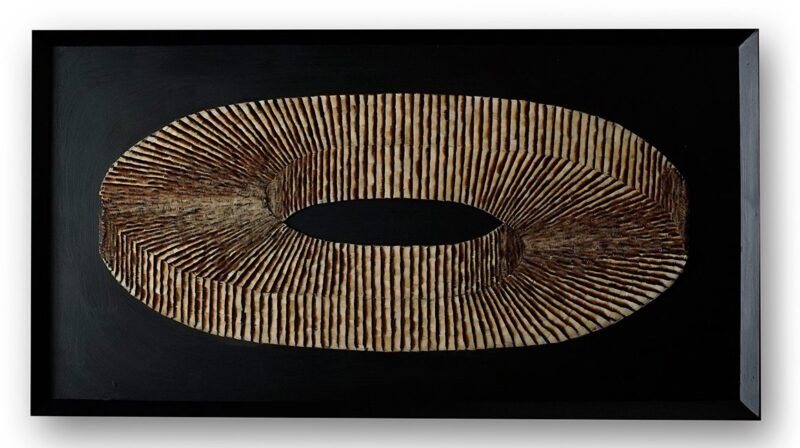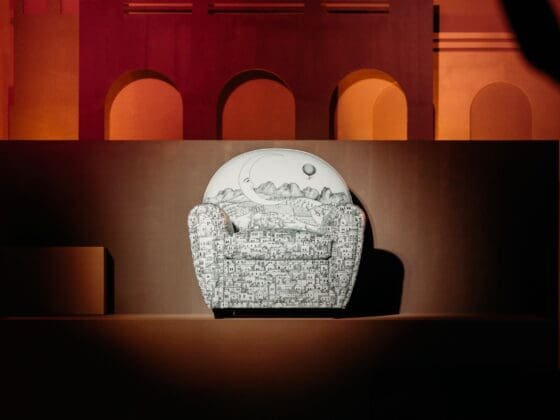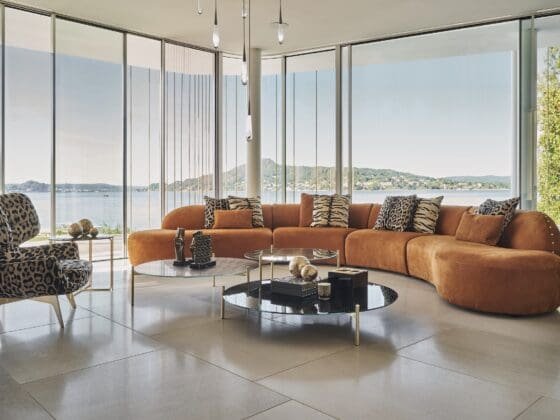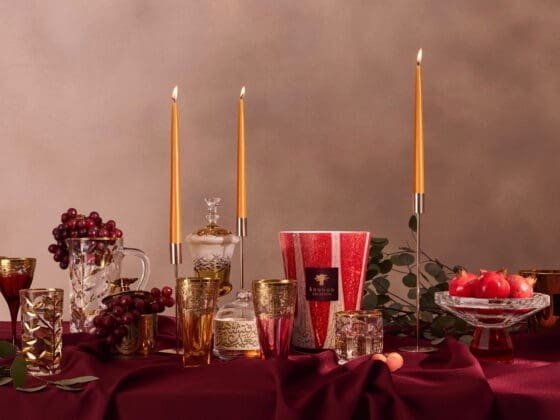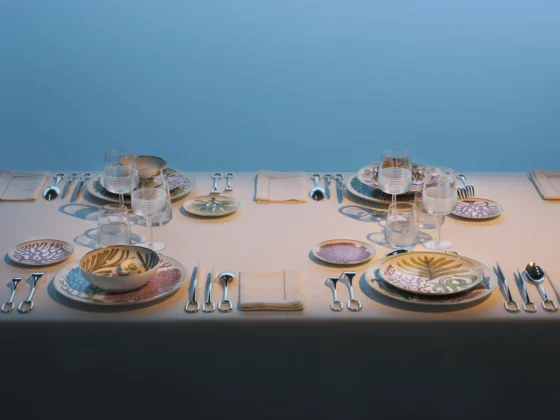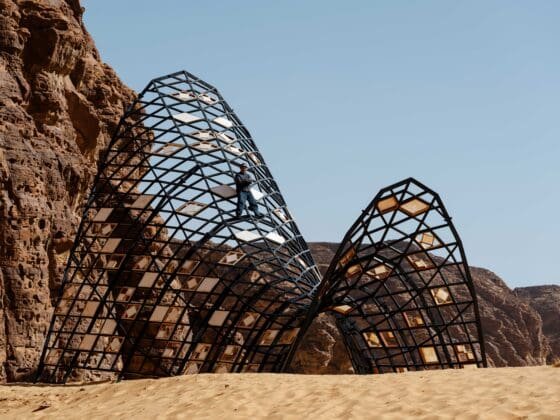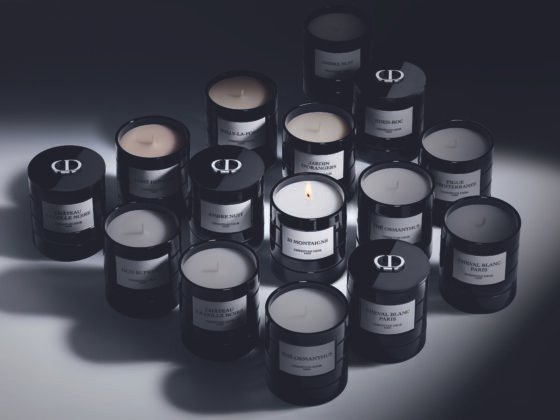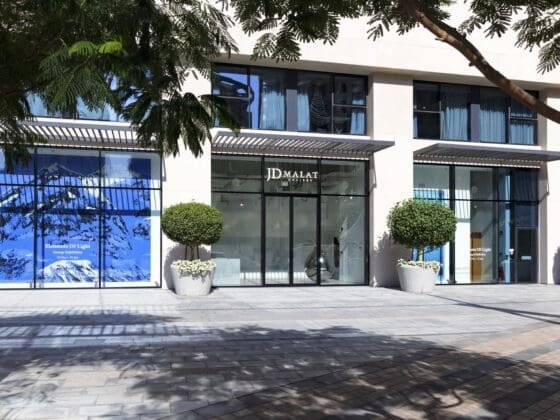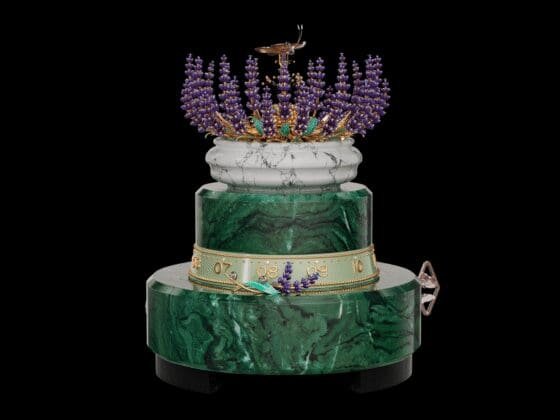The LOEWE FOUNDATION has revealed the names of the 29 shortlisted artists for the 2019 edition of its Craft Prize. The LOEWE Craft Prize seeks to support artisans from all over the world who exhibit exceptional craftsmanship in creating aesthetically superior objects of design.
The Prize for the winning entry is 50,000 euros. The winning work, as well as the works of the finalists, will be included in an exhibition and accompanying catalogue “LOEWE Craft Prize 2019”, on view from June 26 to July 22, 2019 at Isamu Noguchi’s indoor stone garden ‘Heaven’ in Tokyo.
The finalists were selected by a panel of nine experts who convened in Madrid for two days to review over 2,500 submissions (an increase of 44 percent from last year) by artists representing more than 100 countries.
“In a time when contemporary craft is constantly discussed, the LOEWE FOUNDATION Craft Prize sets the level of skills, will and artistic ambition for which craft should strive. The third LFCP exhibition is both a portrait of the best contemporary craft at an international level and a demonstration of what the LOEWE FOUNDATION considers craft to be”.
Anatxu Zabalbeascoa, the architecture and design correspondent for El País.
The winner will be selected from among the finalists by a jury, also chaired by Anatxu Zabalbeascoa and composed of eleven leading figures from the world of design, architecture, journalism, criticism and museum curatorship, as well as Jennifer Lee, last year’s winner.
This is the third edition of the LFCP and, as in previous occasions, it presents a diverse spectrum of techniques, media and modes of expression. The finalists also represent a diverse spectrum, from recently graduated and newly emerging artists to well-known names and leaders in their fields. Here is a selection of works by a few finalists.

‘The Moon Jar “The life of…”’ by Akiko Hirai, UK
A gestural interpretation of the iconic form of the moon jar, this piece uses stoneware, porcelain, wood ash, white feldspathic glaze and shows an understanding and respect for the heritage of ceramics further reimagined with a highly personal approach.

‘Geisha Handbag Series’ by Deloss Webber, United States
A homage to Japanese weaving techniques this series of work uses traditional processes to recreate them anew, featuring materials such as granite, Susutake bamboo and rattan.

‘Surface Tactility #11’ by Gental Ishikuza, Japan
Through his expert use of lacquer, and humble materials such as styrene foam balls, two-way tricot and linen cloth, Ishikuza elevates the simple motif of a bag of oranges.

‘Mandala Bowl’ by Giovanni Corvaja, Italy
An ethereal and captivating piece made from 18ct gold that was transformed into a substance as fine as hair. This gold fibre is then spun together to create a bowl-shaped object evoking a sense of mystery, putting ancient ideas of alchemy in dialogue with cutting-edge technology.

‘Curved Block Seat’ by Jim Partidge and Liz Walmsley, UK
Carved from a solid block of oak, revealing the inherent beauty of the materials the craftsman demonstrates the approach to making furniture: sculptural yet functional.

‘Blue Velvet from the “Soft Accents” Series’ by Michal Fargo, Israel
The artist starts the process by carving foam, which is then dipped in porcelain and fired. As a whole, the piece almost seems alive, as if formed from a plant or stone and gives no trace of its humble beginnings.
The LFCP is the brainchild of LOEWE’S Creative Director, Jonathan Anderson and was conceived as a tribute to LOEWE’S beginnings as a collective craft workshop in 1846. Anderson has placed a strong emphasis on art, design and craftsmanship in his rebuilding strategy of the house. He stated at the award’s inception: “Craft is the essence of LOEWE. As a house, we are about craft in the purest sense of the word. That is where our modernity lies, and it will always be relevant.”
The LOEWE FOUNDATION was established as a private cultural foundation in 1988 by Enrique Loewe. Today, under the direction of his daughter Sheila Loewe, the Foundation continues to promote creativity, organise educational programs and protect cultural heritage in the fields of poetry, dance, photography, design and craft.

